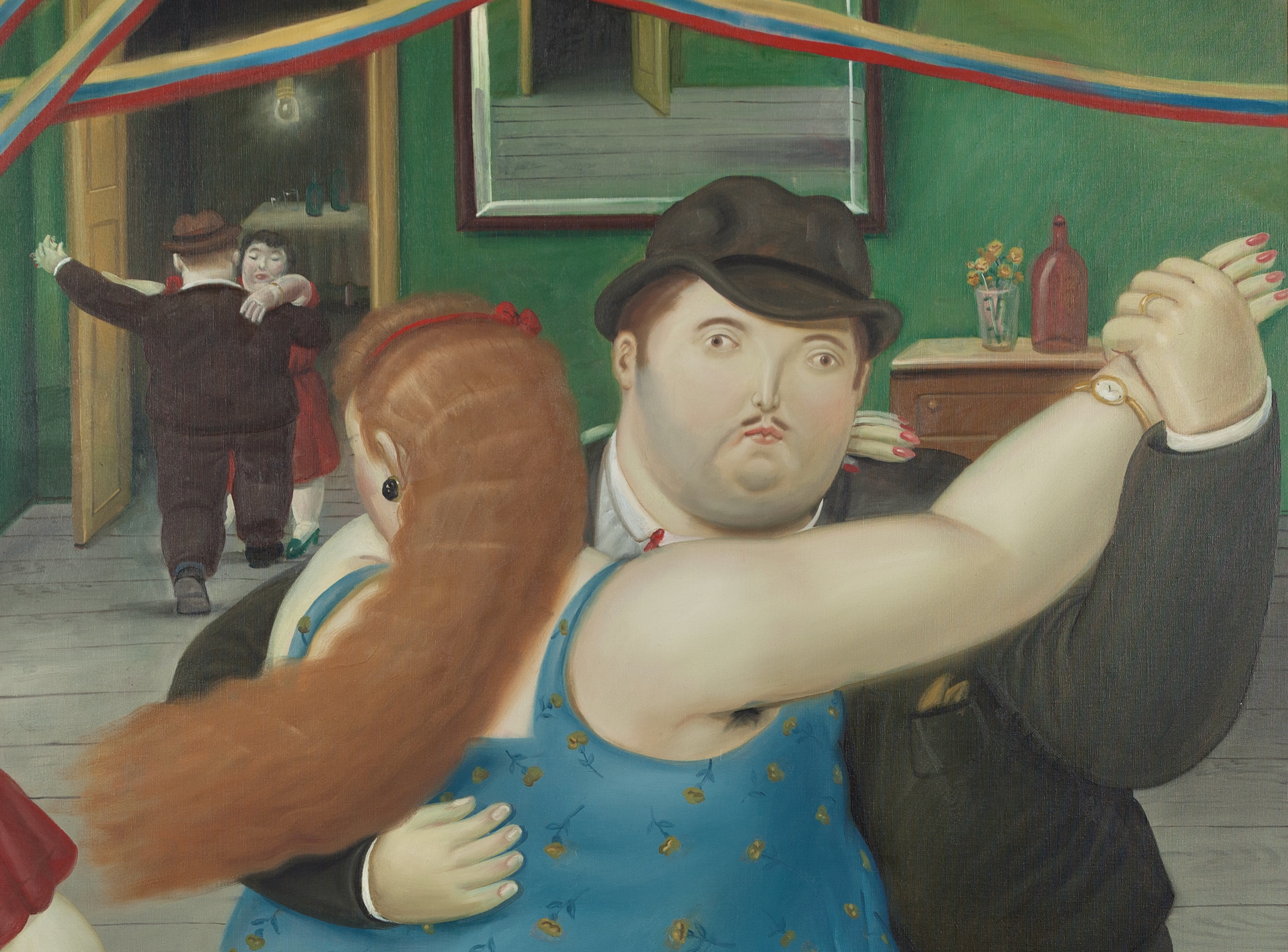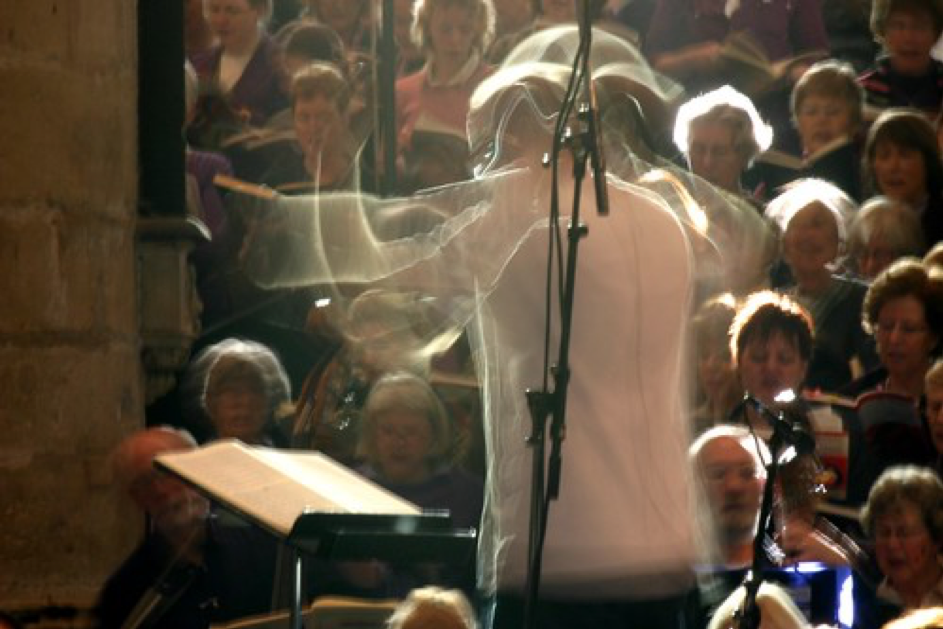
The great Italian sculptor Michelangelo has allegedly once said, “Every block of stone has a statue inside, and it is the task of the sculptor to discover it.” We have always believed that only humans held the incredible skill of imagining and creating art, as if it represented a form of self-expression unique to our own specie. However, this perspective has changed.
Continue reading “AI CANNOT FEEL EMOTIONS BUT IT COMPOSES GREAT MUSIC”





Recent Comments